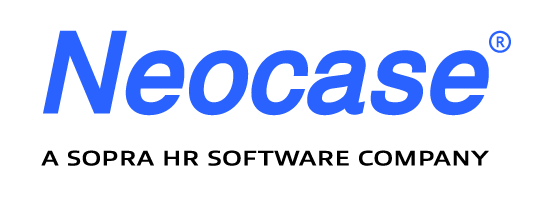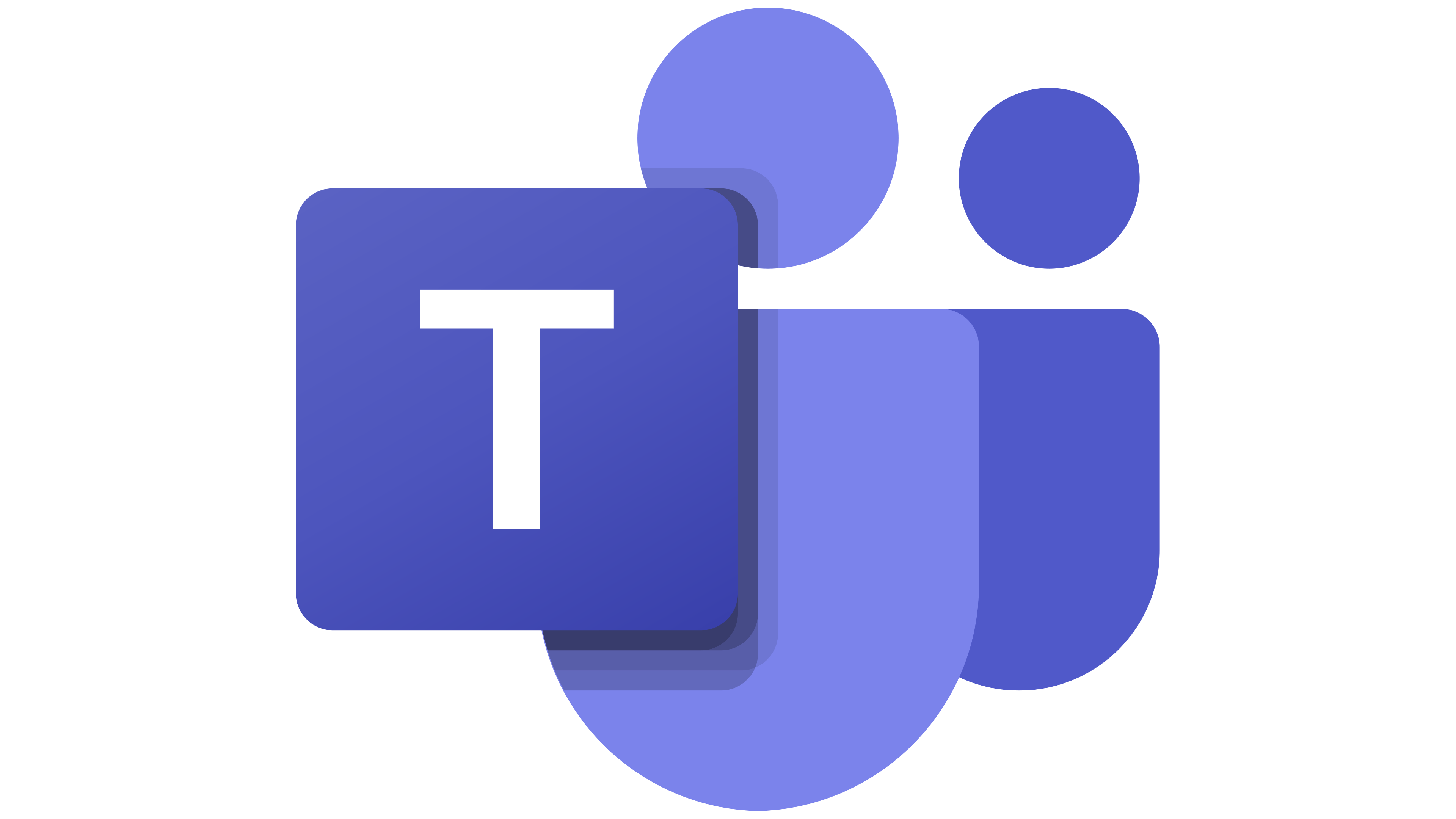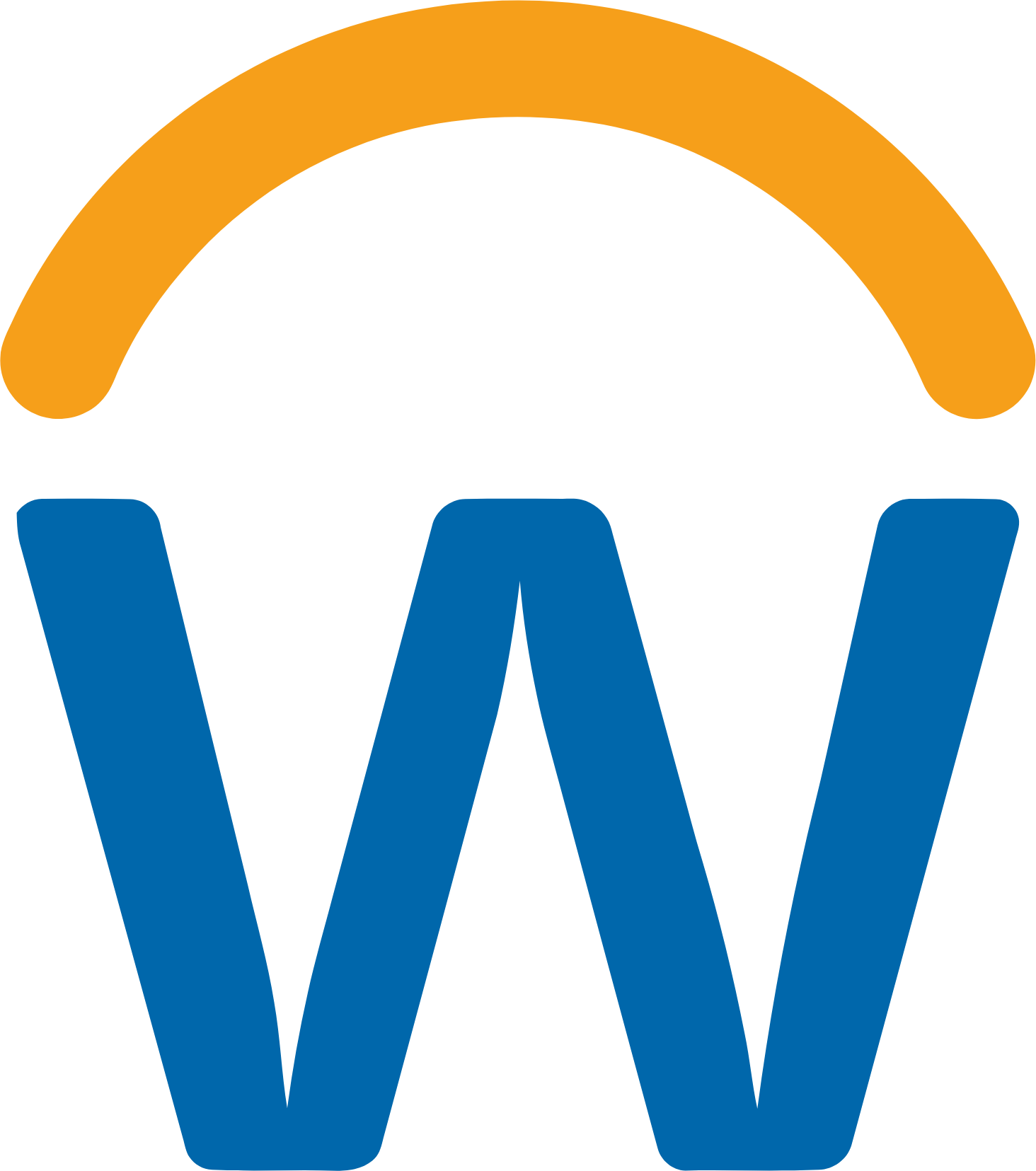A client once told me that 20% of the calls to their HR service center were employees inquiring about the status of a recently-submitted case.
That’s one out of five phone calls.
If you have 10 people staffing your call center, that can be the equivalent of two people working full time to respond to these requests. The scary thing is, this client had a lot more than 10 people working the phones, so these “What’s up with my case?” calls were a big expensive problem.
Our solution was actually quite simple – I’ll get to it in a minute...
Most case management systems automatically send an email to the customer when a case is created. The email typically provides a case number, and sometimes some descriptive information about the case.
But there’s one critical piece of information missing; and when we added it to the email template, it made a big difference for the client; it reduced the number of “What’s up with my case?” calls from 20% down to 12%.
The solution was to add the expected case closure date and time, according on the Service Level Agreement (SLA) of the case. So instead of receiving an email that looked like this:

The customer would receive an email that looked like this:

Aside from a little personality to the email, the only addition was the sentence in the red box – we inserted the case deadline into the email template. This set proper expectations with the customer before they felt the need to call, and as the statistics showed, it reduced “What’s up with my case?” calls by 8%!
I can hear what you’re thinking…
“You’re asking me to publish our SLA’s out to the customer… what if we miss it? We’ll look bad, and lose our customers’ confidence!”
Sure, there’s always that risk. But we’re now living in a world where transparency counts. Part of SLA Management is to recalibrate your SLA’s on a regular basis so that they’re realistic. I don’t mean set the bar low, but set the bar at height that your data (a.k.a. SLA Reports) tell you is reasonable.
If an SLA is set for 48 hours, and you find that you’re exceeding the Deadline 50% of the time, 48 hours is probably unrealistic. Try bumping it up to 52 hours, or whatever number you can infer from your SLA reporting. (Of course, I’m assuming your agents are proficient, and your processes have been properly designed. Those foundational items should always be in place before you apply technology solutions.) Repeat this calibration process regularly.
The bottom line is this:
Communicate the case deadline up front, to reduce the number of unproductive calls. Recalibrate your SLA’s to the point of confidence. As you do, your customers will become more confident in you.

 Microsoft Teams
Microsoft Teams
 Workday
Workday
